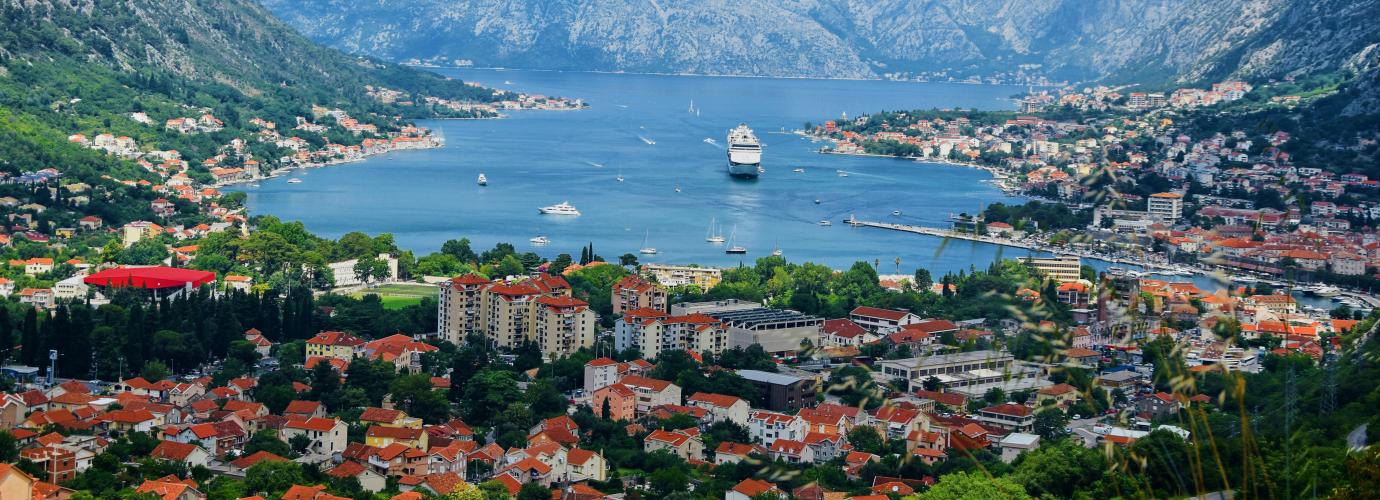Quality assurance and quality improvement in preschool, primary and secondary education is carried out in accordance with the General Law on Education and secondary legislation that define the field of evaluation as well as the methodology for its implementation.
The assessment of quality of educational work is done both internally (self-evaluation) and externally.
Educational institutions themselves carry out quality assurance and quality improvement of educational work (self-evaluation), annually for individual areas and biennially altogether. Quality assurance and quality improvement of institutions’ educational work (external quality assessment and quality assurance) are performed by the Bureau for Educational Services and Centre for Vocational Education, at least every four years.
The self-evaluation process creates the basis for each teacher to recognise their own strengths and weaknesses, to compare their performance with others, to recognise opportunities for improvement, to set goals aimed at their own development. Internal quality assessment of institution’s educational work is done by expert bodies, as well as other bodies and entities within the institution, in line with its statute and the annual work plan. The institution prepares internal assessment report on the quality of educational work biennially and delivers it to the Bureau for Educational Services.
External quality assessment of educational work at institutions can be either regular or extraordinary. Regular quality assessment of institution’s educational work is done at least once in four years. Extraordinary quality assessment of institution’s educational work is carried out as needed, as well as following the reasoned request of the parent council. External quality assessment of institution’s educational work is carried out by educational supervisors, as well as by authorised advisers and external associates.
Quality assurance in higher education is regulated by Law on Higher Education and the relevant secondary legislation. In accordance with the Law, activities of quality assurance in higher education are carried out by the Agency for Control and Quality Assurance of Higher Education.
Quality assurance and quality improvement of higher education is performed through the procedures of accreditation, self-evaluation and reaccreditation:
-
The process of study programme accreditation includes the assessment of study programme quality and its compliance with professional needs and adopted standards, its comparability with the same or similar programmes abroad, as well as the existence of practical teaching and its value in credit points. For the purpose of accreditation of study programmes, the Agency forms a commission from among independent national and international experts, selected from the designated list. Study programmes are accredited for a maximum period of five years.
-
Institutions carry out the self-evaluation procedure of quality of study programmes, teaching and working conditions, at the end of each academic year, and deliver the report the Ministry of Education, Science and Innovation and the Agency.
-
The re-accreditation of institutions is carried out every five years. The re-accreditation commission, appointed by the Agency from among experts found on the designated list, prepares a report on re-accreditation of the institution based on the self-evaluation reports and the conducted evaluation procedure. The re-accreditation report is then submitted to the Agency, the institution and the Ministry of Education, Science and Innovation
A higher education institution can carry out its activities and perform student admission once the Ministry has found that the institution meets the requirements prescribed by the Law and passed a decision on licensing. The license specifies the type of institution, accredited study programmes, maximum number of students that can be enrolled in individual study programmes, levels of education and degrees that can be acquired at the institution.

